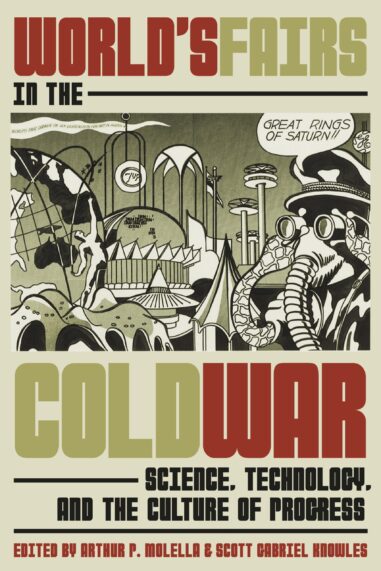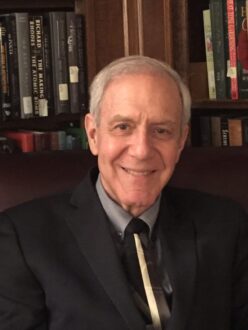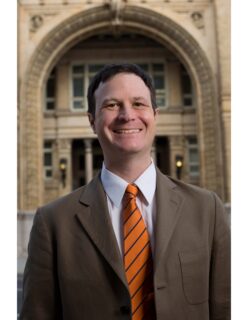The post–World War II science-based technological revolution inevitably found its way into almost all international expositions with displays on atomic energy, space exploration, transportation, communications, and computers. Major advancements in Cold War science and technology helped to shape new visions of utopian futures, the stock-in-trade of world’s fairs. From the 1940s to the 1980s, expositions in the United States and around the world, from Brussels to Osaka to Brisbane, mirrored Cold War culture in a variety of ways, and also played an active role in shaping it. This volume illustrates the cultural change and strain spurred by the Cold War, a disruptive period of scientific and technological progress that ignited growing concern over the impact of such progress on the environment and humanistic and spiritual values. Through the lens of world’s fairs, contributors across disciplines offer an integrated exploration of the US–USSR rivalry from a global perspective and in the context of broader social and cultural phenomena—faith and religion, gender and family relations, urbanization and urban planning, fashion, modernization, and national identity—all of which were fundamentally reshaped by tensions and anxieties of the Atomic Age.



